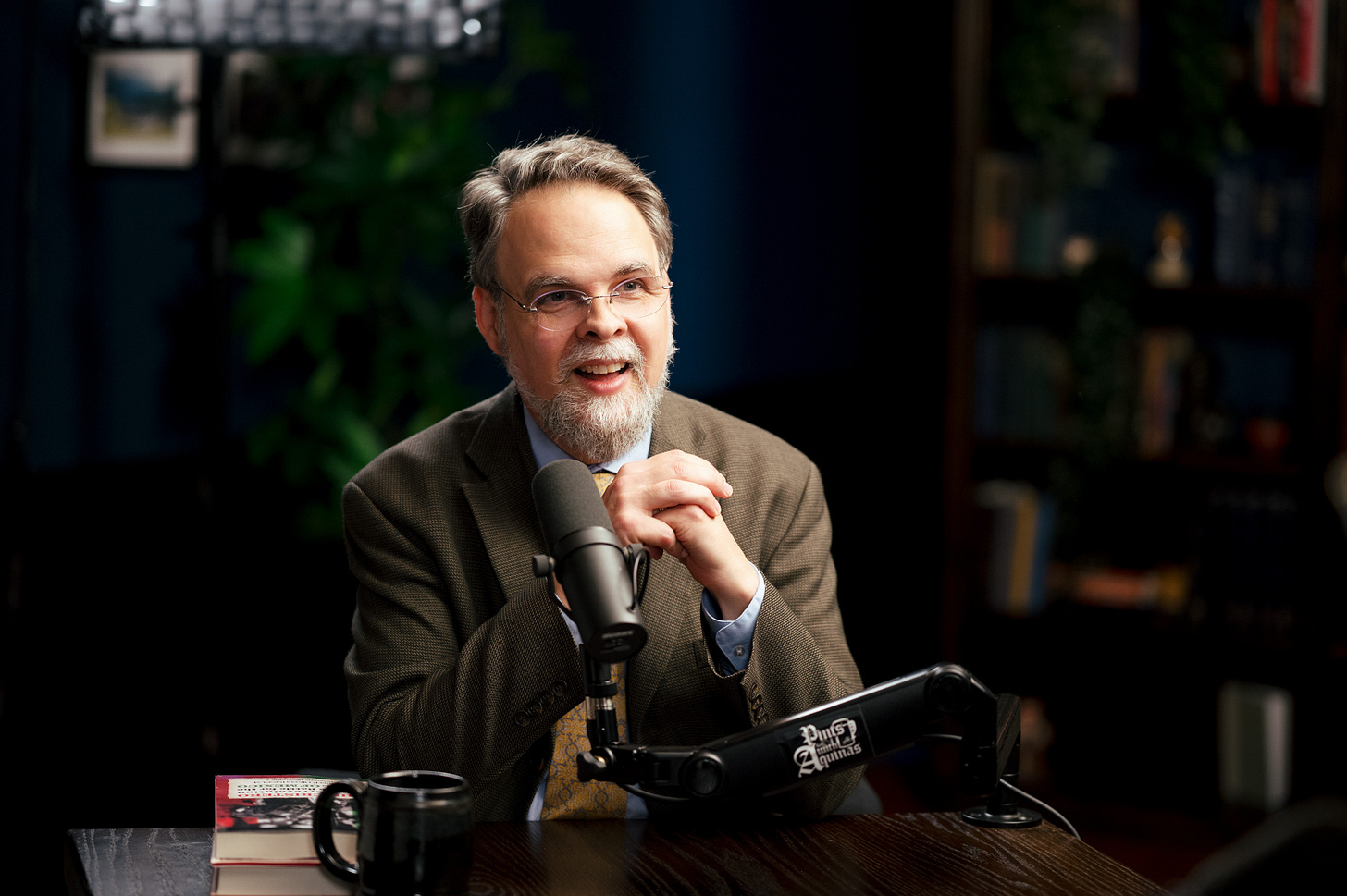SPECIAL: Resource List for Dr. K’s Episode on Pints with Aquinas
A special post to go along with the video
Keep reading with a 7-day free trial
Subscribe to Tradition and Sanity to keep reading this post and get 7 days of free access to the full post archives.



